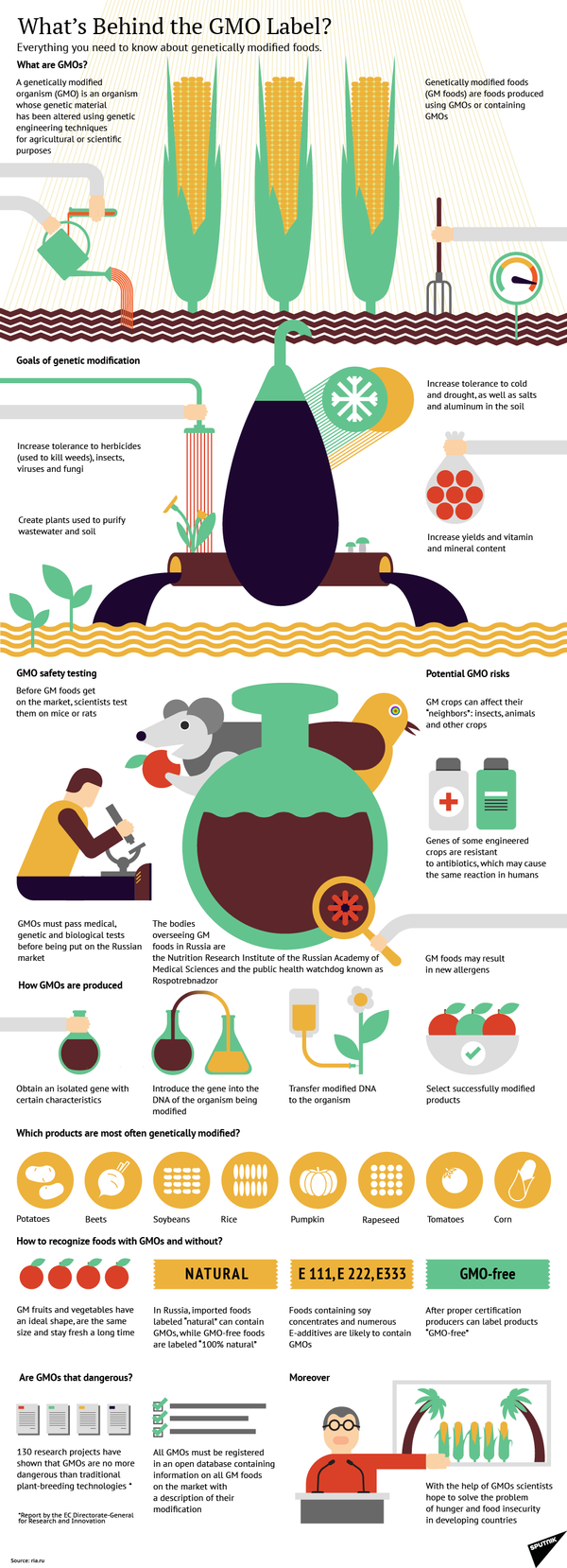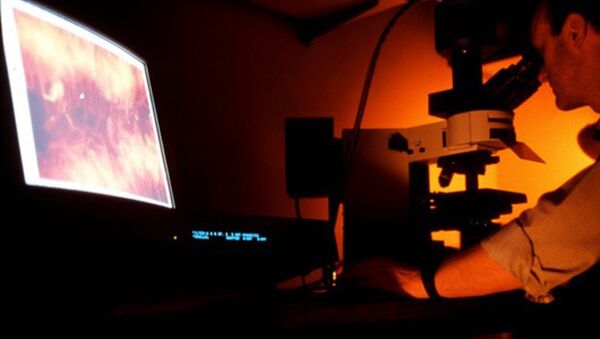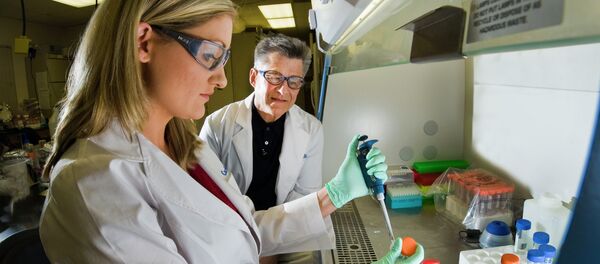Contrasting the use of genome-editing techniques in somatic [non-reproductive] cells with that of editing the genomes of human embryos, the authors warn that the latter "could have unpredictable effects on future generations," which "makes it dangerous and ethically unacceptable."
The letter was written by Edward Lanphier, chairman of the Alliance for Regenerative Medicine, together with four co-authors including Fyodor Urnov, Professor of Genetics at the University of California, Berkeley. They warned that "such research could be exploited for non-therapeutic modifications. We are concerned that a public outcry about such an ethical breach could hinder a promising area of therapeutic development, namely making genetic changes that cannot be inherited."
"Genome-editing technologies may offer a powerful approach to treat many human diseases, including HIV/AIDS, hemophilia, sickle-cell anemia and several forms of cancer," they write. "All techniques currently in various stages of clinical development focus on modifying the genetic material of somatic cells, such as T cells (a type of white blood cell). These are not designed to affect sperm or eggs."
However, fellow contributor David Cyranoski, in the same issue, pointed out a divergence of opinion among the scientific community regarding such research, writing that "other scientists disagree with that stance," because of "the potential to eliminate inherited diseases." Cyranoski gives examples of gene-editing techniques already being used on human embryos, such as at Shanghai Tech University in China, where in February 2014 geneticist Xingxu Huang reported using a gene-editing technique to modify embryos that developed into live monkeys.






